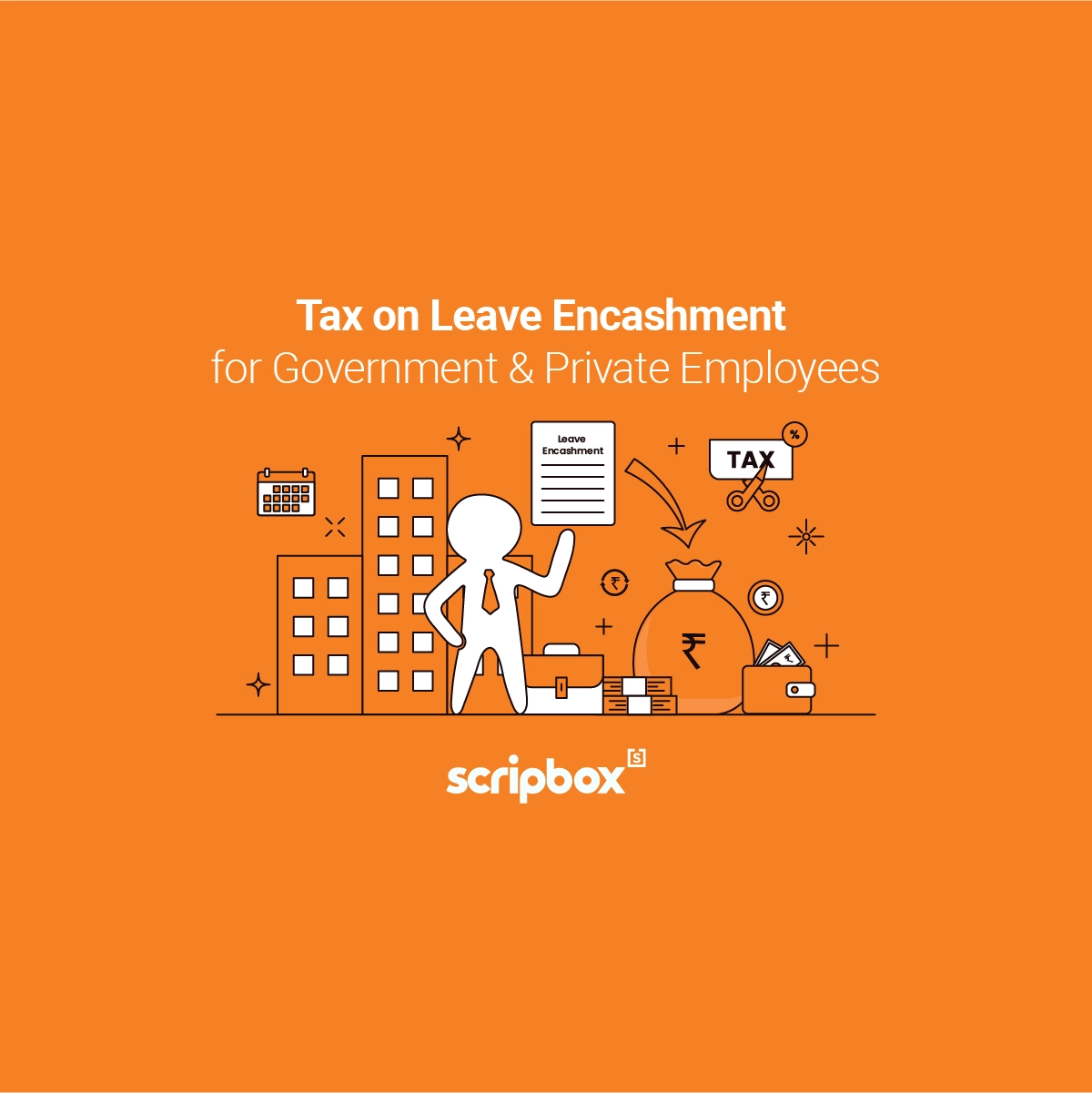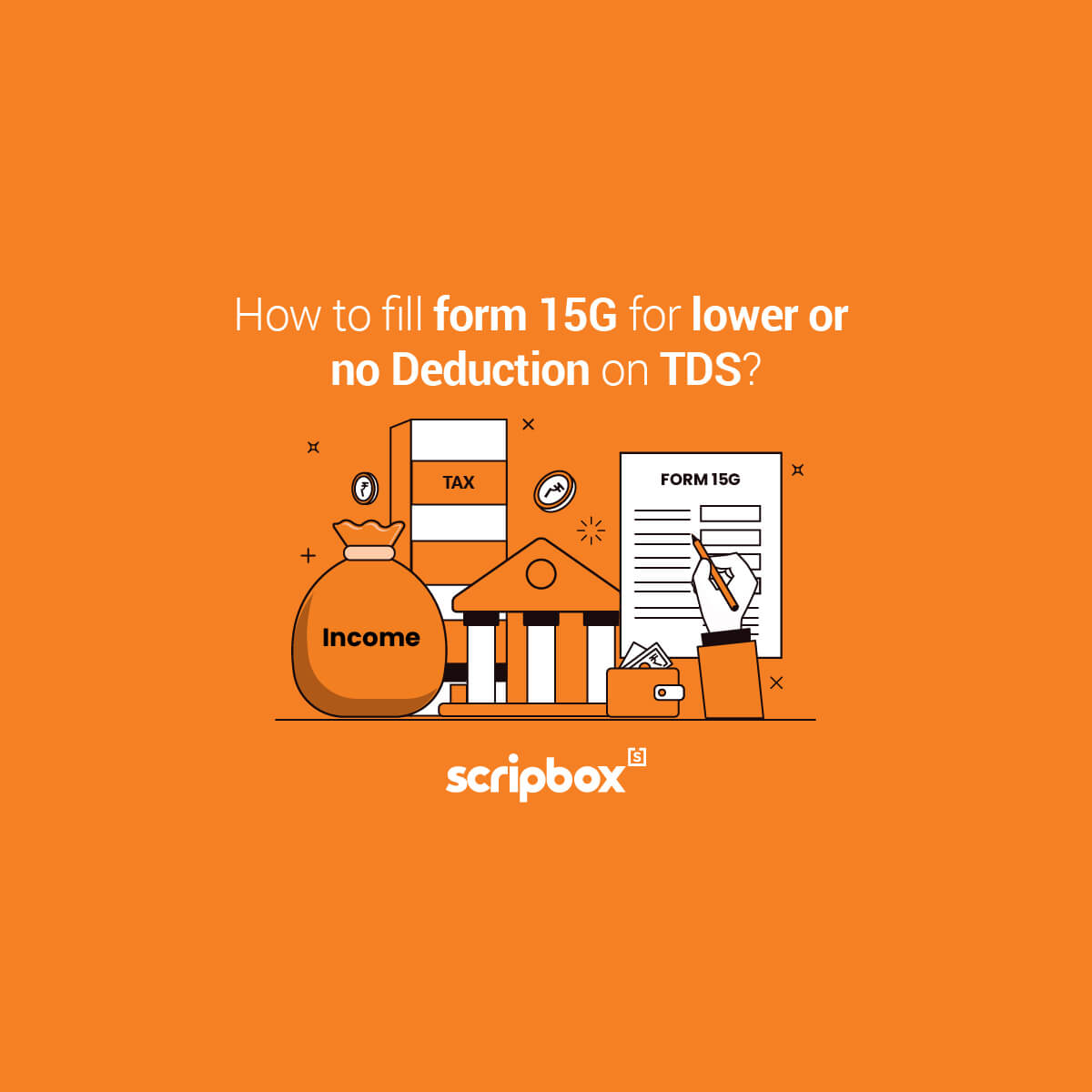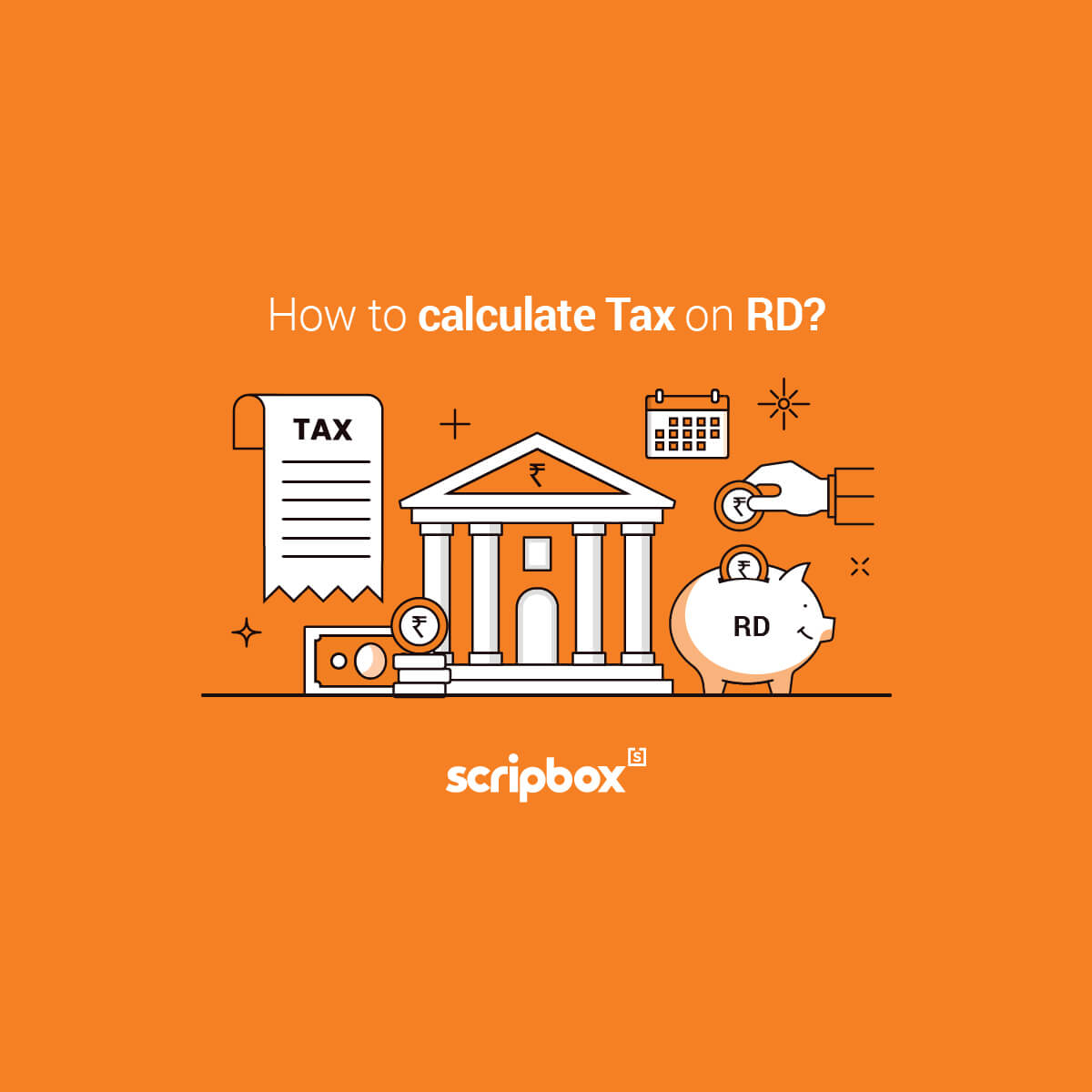A long term capital gain on shares arises if a taxpayer sells any unit of shares. The tax liability arises on the sale of shares. Such a transfer or transaction is eligible for long term capital gains irrespective of selling a listed or unlisted share. However, the income tax rate is different for a listed and unlisted share.
Moreover, a long term capital loss results if the sales price of shares is less than the purchase price. Also, such a loss can be carried forward for the next 8 financial years. Furthermore, you can adjust your short term capital loss with long term capital loss.
What are the Tax Rates on Long Term Capital Gains?
The following table shows the long term capital gains tax applicable on various assets:
| Capital Asset | Tax Rates applicable |
| Equity shares listed in a recognized stock exchange Units of an equity-oriented fund Units of Unit Trust of India | 10% over and above Rs. 1,00,000 without indexation |
| Unlisted equity shares | 20% with indexation |
| Unit of Debt oriented Fund Unlisted securities (other than shares) Other capital assets | 20% with indexation |
| Balanced Funds (equity-oriented) | 10% over and above Rs. 1,00,000 without indexation |
| Balanced Funds (debt-oriented) | 20% with indexation |
| Hybrid Mutual Funds (equity exposure more than 65% of total investment) | 10% over and above Rs. 1,00,000 without indexation |
| Hybrid Mutual Funds (equity exposure less than 65% of total investment) | 20% with indexation |
Long-term capital gain arising from the sale of shares can be calculated using the following table:
| Particulars | Amount |
| The full value of the consideration received from the sale of shares | XX |
| Less: Expenditure incurred in connection with such sale (brokerage) | XX |
| Net sale consideration (A) | XX |
| Less: Indexed cost of acquisition (B) | XX |
| Long-term capital gain (C=A-B) | XX |
Indexed cost of acquisition is the price which is adjusted against rise in inflation.
Illustration on LTCG on Shares
Let us understand the calculation of long-term capital gains with the help of an example. Atul bought 500 shares of Shree Cements in January 2015 at Rs. 1000 per share. He sold all his holdings at Rs. 1500 per share in May 2018. In this case, the indexed cost of acquisition and the long-term capital gains arising from the sale of shares will be calculated as below:
Indexed cost of purchase of shares = Rs 5,00,000 X 280/240 = Rs 5,83,333
Here, the values 280 and 240 are the inflation indexation for the financial year 2014-2015 and 2018-2019. Also, to know about the inflation index read our article.
The following table shows the calculation of long-term capital gains
| Particulars | Amount (Rs) |
| The full value of the consideration received from the sale of shares(500 shares @1500 per share) | 7,50,000 |
| Less: Expenditure incurred in connection with such sale (brokerage) | Nil |
| Net sale consideration (A) | 7,50,000 |
| Less: Indexed cost of acquisition (B) [calculated above] | 5,83,333 |
| Long-term capital gain (C=A-B) | 1,66,667 |
A taxpayer can claim tax exemption on LTCG on sale of shares. Such tax exemption from paying tax on capital gains is subject to a few conditions.
Section 54F
- An individual or HUF can claim a tax exemption on the sale of any long term capital asset except a residential property
- The taxpayer must purchase a residential house property from the sale of the long term asset. Hence, purchase a house property by selling shares.
- The new property must be purchased within 3 years from the date of the sale of shares.
- If the cost of the new house is less than the capital gain, the entire capital gain is exempt.
- If the cost of the new house is more than the capital gain: LTCG* (amt invested/net consideration)
Adjustment of LTCG Against the Basic Exemption Limit
- A taxpayer can adjust the long term capital gain against the basic exemption limit.
- Only a resident taxpayer being an individual or a HUF can adjust LTCG with a basic exemption limit.
- A non-resident individual as well as non-resident HUF are not allowed to adjust the exemption limit against LTCG.
- For the purpose of this adjustment, a taxpayer must first adjust all other income from the exemption limit. The remaining limit will be utilised to adjust the LTCG.
Illustration on Adjustment of LTCG
Mr Arun has a salary income of Rs 2,00,000 and FD interest of Rs 8,000. He sold shares during the financial year and earned a long term capital gain of Rs 1,68,000. He is eligible for a basic exemption limit of Rs 2,50,000. Moreover, the shares that he sold are subject to STT and listed on NSE. Hence, the long term capital gain up to Rs 1,00,000 is tax exempt. The taxable LTCG is Rs 68,000 (Rs 1,68,000 – Rs 1,00,000)
Now from the basic exemption limit of Rs 2,50,000 the salary income and other income should be adjusted. Hence, the limit available for LTCG adjustment will be Rs 42,000 (Rs 2,50,000 – Rs 2,00,000 – Rs 8,000). Furthermore, the net taxable LTCG after adjustment with the basic exemption limit will be Rs 26,000 (Rs 68,000 – Rs 42,000).
Section 112A – Grandfathering on LTCG
With the Finance Act 2018, the Income Tax Act introduced exemptions as well as relaxations. With effect from the assessment year 2019-2020. Any long term capital gain on equity shares or equity oriented funds will be taxable at a rate of 10%. However, LTCG up to Rs 1 lakh will be tax free. The lower rate of 10% is applicable only if the taxpayer satisfies the following conditions:
- STT must be paid on such shares at the time of purchasing as well as selling those shares
- STT must be paid at the time of selling equity oriented units of mutual funds.
Grandfathering on LTCG
For the above taxability of shares it is important to introduce tax clauses that are prospective in nature. This means that the taxability must be applicable from the date of levy of LTCG under Section 112A. If not then the cost of acquisition will not be prospective in nature. Hence, the Income Tax Department introduced grandfathering clauses by which the cost of acquisition is calculated on the basis of the FMV.
The cost of acquisition for any share that has been purchased before 1st February 2018 will be higher of the following:
- Actual cost of acquisition paid at the time of purchase
- FMV of such shares as on January 31, 2018, or Actual sales consideration accruing on its transfer, whichever is lower
Fair Market Value (FMV) Rules
Following table summarizes the FMV Rules:
| Type | FMV |
| Listed equity shares | Highest price quoted on the stock exchange as on January 31, 2018 |
| Listed equity share, if no trading existed on January 31, 2018 | Highest price of the such share on a date immediately preceding January 31, 2018 on which trading happens in that share |
| Equity shares were not listed on January 31, 2018. These shares were listed at the time of sale | Cost of unlisted shares as increased by cost inflation index for the financial year 2017-18 |
| Units are not listed | Net asset value of such units as on January 31, 2018 |
Frequently Asked Questions
Yes, you can avoid paying long term capital gains tax on shares. However, you have to plan your taxes and invest the long term capital gains to claim exemptions. Under Section 54F you can also invest the LTCG on shares and buy a residential house property. Thus, the amount of gains invested in the house will be exempt from taxes.
A long term capital gain on stocks is exempt or tax free up to Rs 1 lakh. Any capital gain exceeding Rs 1 lakh is taxable at a rate of 10%. Moreover, the stocks or shares being sold must be listed on the stock exchange and STT must be paid.
If LTCG on shares in less than Rs 1 lakh then it is tax exempt. Moreover, the shares must be listed on the stock exchange and STT must be paid.
Yes, you have to pay capital gains tax even if your total income is less than Rs 2.5 lakh. This is because the tax rate on long term capital gains is a flat rate. Furthermore, you can adjust the LTCG with the remaining exemption limit after adjusting all other incomes. However, short term capital gain allows you to adjust the gains with the basic exemption limit.
Yes, you can reinvest capital gains and avoid taxes. The Income Tax Act allows taxpayers to invest their capital gains in capital gain bonds, other assets like house property or land, and others. Also, the amount reinvested is deducted from the capital gains on the original asset which is being sold.
No, you do not have to pay tax if you sell shares or stocks and reinvest the capital gains in an eligible capital asset. Under section 54F you can invest the capital gain and buy a residential house property. Also, the amount invested will be exempt from capital gains.
Related Articles
- What is Long Term Capital Gain Tax on Shares?
- What are the Tax Rates on Long Term Capital Gains?
- How to Calculate Long Term Capital Gain Tax on Shares?
- Tax Exemption on LTCG on Sale of Shares
- Adjustment of LTCG Against the Basic Exemption Limit
- Section 112A – Grandfathering on LTCG
- Frequently Asked Questions























Show comments